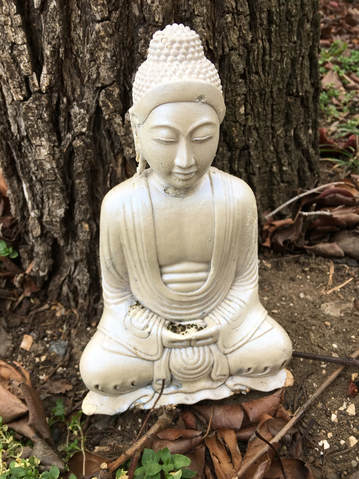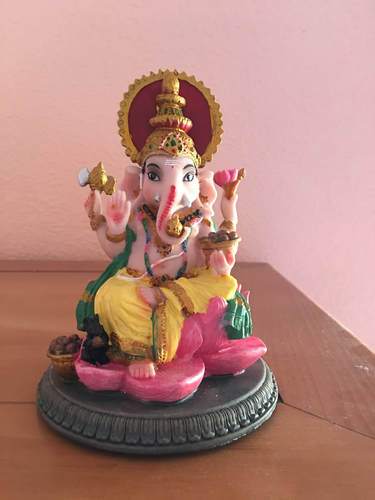
Obscured by time, very little is known about the early life of the Buddha. Some bits of basic information are available. For example, he was born into an Indian ruling family; he was destined to succeed his father; he was married and had a child. In addition, it is told and re-told that as a young man he managed to leave the walls of his royal compound and venture outside. There, for the first time in his life, he was moved by the appearance of an old man, by a very sick person, and by witnessing a corpse. He also saw holy man walking the streets.
It is this last story which is not historically "true". No one can live such a sheltered life. The only "truth" to the story is that it is symbolical and is an attempt to explain the Buddha's life and search for a solution to the issue of human suffering. His basic message could be condensed this way: Problems are inevitable but people are capable of responding to them and working with them skillfully and in ways which do not need to include the additional layer of suffering. "Pain is inevitable; suffering is optional" is a commonly stated Buddhist principle.

 RSS Feed
RSS Feed